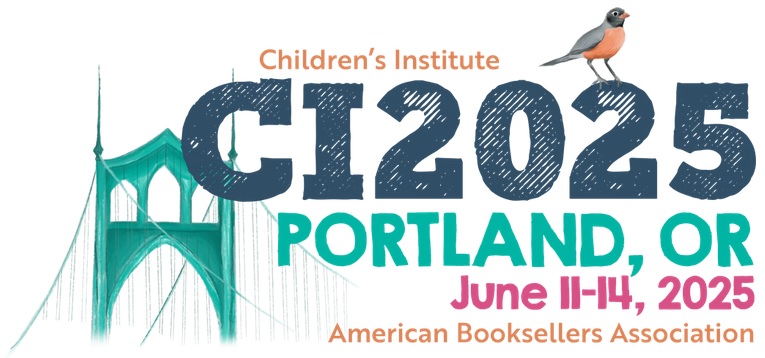 At two Educating Publishers panels at the 2025 Children's Institute, booksellers focused on "Sustainable In-School Events Programs" and "Beyond BIPOC Characters: Equitable Practices for Marketing, Touring, and Promoting Diverse Authors."
At two Educating Publishers panels at the 2025 Children's Institute, booksellers focused on "Sustainable In-School Events Programs" and "Beyond BIPOC Characters: Equitable Practices for Marketing, Touring, and Promoting Diverse Authors."
Leah Johnson, an author and founder of Loudmouth Books in Indianapolis, Ind., described the publishing industry as risk averse, and maintained that new independent bookstores, authors of color, and schools that are unable to meet a minimum honorarium for author visits must all "prove" that they're worth investing in. After founding Loudmouth Books, Johnson spent much time networking and contacting publicists and authors because she knew that Loudmouth Books "wouldn't have gotten any author events last year if [she] hadn't already done the leg work."
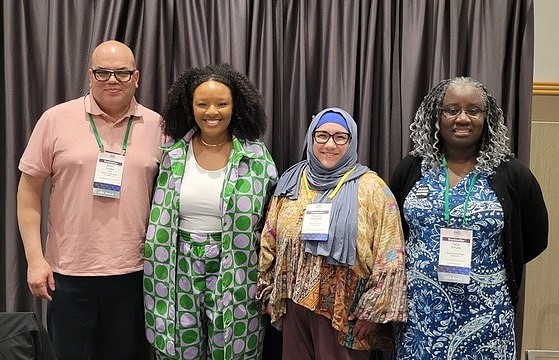 |
|
Beyond BIPOC Characters panelists (l.-r.) Brein Lopez, Leah Johnson, Priscilla Martínez, Talia Whyte
|
Now more than ever, help and support is needed. "Where we are at today is not where were a year ago. It's not where we were in December," said Brein Lopez of Children's Book World, Los Angeles, Calif. "Members of our communities who read to their kids are being kidnapped off the streets and being sent off to countries somewhere else. Disappeared." Small bookstores, bookstores in Midwestern states, and bookstores run by BIPOC and People of the Global Majority (PGM) "have been the frontlines for these fights and they still don't get the support they need to survive."
Talia Whyte of Rozzie Bound Co-op, Roslindale, Mass., said she has relied on the network of indie bookstores in her community for support and information. "I would like a head start promoting authors of color," she said, but she does not always learn about those authors until after books are published. Other indies help inform her about them. Priscilla Martinez of West Side Stories, Purcellville, Va., a member of the 2025 BINCTank cohort, said she has heard from fellow cohort members that some BIPOC author events have become very restrictive, with windows for advertising limited and at times not allowed until after publication.
Sustainable In-School Events Programs
More and more restrictions are being placed on school visits, bookseller panelists noted. "We don't want to police our authors," said Maryan Liban of Cover to Cover Books for Young Readers in Columbus, Ohio, "but [bookstores are] placed between publishers, authors, and the school." Each has its own expectation, and schools are struggling to keep up with the changing political climate. Some schools are updating author visit policies to include state background checks, and others are demanding authors be insured for the school visit.
Liban also noted that due to nationwide budget cuts, "some schools are opting out of full-time librarians and instead hiring parents or PTA members who don't have librarian training." Publishers have great educator tools, she continued, but schools can take advantage of those tools only if they know they exist. Liban recommends publicists provide discussion questions and any presentation materials well before a school visit to allow both students and facilitators to prepare.
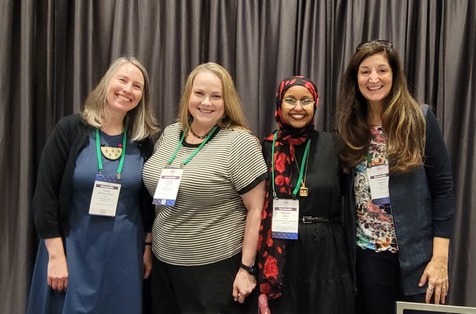 |
| "Sustainable In-School Events Programs" panelists (l.-r.) Heidi Ashton-Yoon, Carrie Custer, Maryan Liban, Heather Hebert |
The price of books and minimum buy requirements for school visits are also problematic, booksellers said. Heidi Ashton-Yoon from Politics and Prose in Washington, D.C., said, "It's hard to get families to spend $19.99 or $20.99 with a debut or even midlist author when they're not sure if their kid will read the book or like the book." When there is no guarantee that students can afford to purchase a book at an in-school visit, "proving that all the minimum buys are worth it is a huge hurdle," said Carrie Custer of Vroman's Bookstore, Pasadena, Calif. "Unique and creative solutions are becoming increasingly difficult," particularly due to costs. Working with benefactors or PTAs can help, she said, as well as seeking grants from for-profit businesses and active community members. Paperback releases are financially more accessible, and Ashton-Yoon encourages publishers to pair their author events for paperback releases with Title I schools.
Booksellers expressed frustration at how BIPOC authors are marketed. Johnson, who is a queer Black author and founder of a BIPOC-focused bookstore, said, "It's so clear to me that publishers couldn't care less about their authors of color." The treatment of BIPOC authors is "so disparate, and it's becoming disheartening to me not just as a bookseller but as an author to see how publishers are approaching events to different authors." Johnson mentioned that many authors of color have to plan their own book tours and said to publishers, "If you can't do any of the leg work, then give [BIPOC authors] the tools and guides for what you did for the author you actually care about."
Booksellers added that when BIPOC-centric books are marketed to stores that are not in a community of color, the marketing downplays the BIPOC aspects of the book. "That needs to stop," said Lopez. "It needs to be the same marketing for everyone, and if you're not having success at other locations, it's because you're not marketing them correctly."
Whyte mentioned that Rozzie Bound Co-op was the bookseller at a readathon to celebrate Malcom X's 100th birthday. The approximately 200 attendees came to read pieces of his autobiography over the course of several hours. Customers donated more than $1,500 to buy books about Malcom X. And yet the publishers Whyte contacted in January never responded. "What would have happened if publishers had sent some BIPOC authors to the readathon?" Lopez asked.
"You're missing out on great opportunities," Whyte told publishers. BIPOC bookstores and authors are ready with fresh ideas, but publishers "need to be willing to take the chance on us first."
Whyte, Johnson, Martinez, and Lopez all expressed a desire for publishers to send more BIPOC, queer, and disabled employees to industry events. Martinez said, "sharing power, handing over power… that will lead to equity." One publisher, a Black woman recently promoted to event manager at her house, said that "the conversation and rhetoric I receive at my publisher is that when we're sending things to Black owned bookstores, that [Black owned bookstores] only want to receive Black-identifying writers and illustrators." Every panelist shook their head no. "But in my experience [as a Black woman]," she continued, "we've been reading everything. So, my question is, what do you wish we would be sending?"
The answer was unanimous: BIPOC bookstores want to be sent all types of content: mysteries, romantasy, nonfiction, graphic novels, and everything in between, the booksellers said, stressing that it is not the job of the publisher to curate what each bookstore stocks.
To narrow their lists of titles, it was recommended that publishers take the time to talk with BIPOC bookstores and those in their communities. Although BIPOC bookstores do have a lot in common, they are not monolithic, the booksellers continued. If unsure of what galleys to send to which store, publishers could provide a list of galleys and simply ask which galleys the bookstores want. When a bookseller mentioned galley boxes full of crinkle paper, a loud groan rippled through the room. "We are all climate conscious," said Johnson. "When I get a huge box full of air and crinkle paper, you turn me off from the book."
As indie bookstores and libraries brave censorship, government-sanctioned kidnappings, and attacks against the queer community, there is no time for deliberation. Publishing houses must work harder for bookstores, booksellers said. "Hold them to the fire," Lopez said, "because the fire is the light." --Madison Gaines, publishing assistant, Shelf Awareness
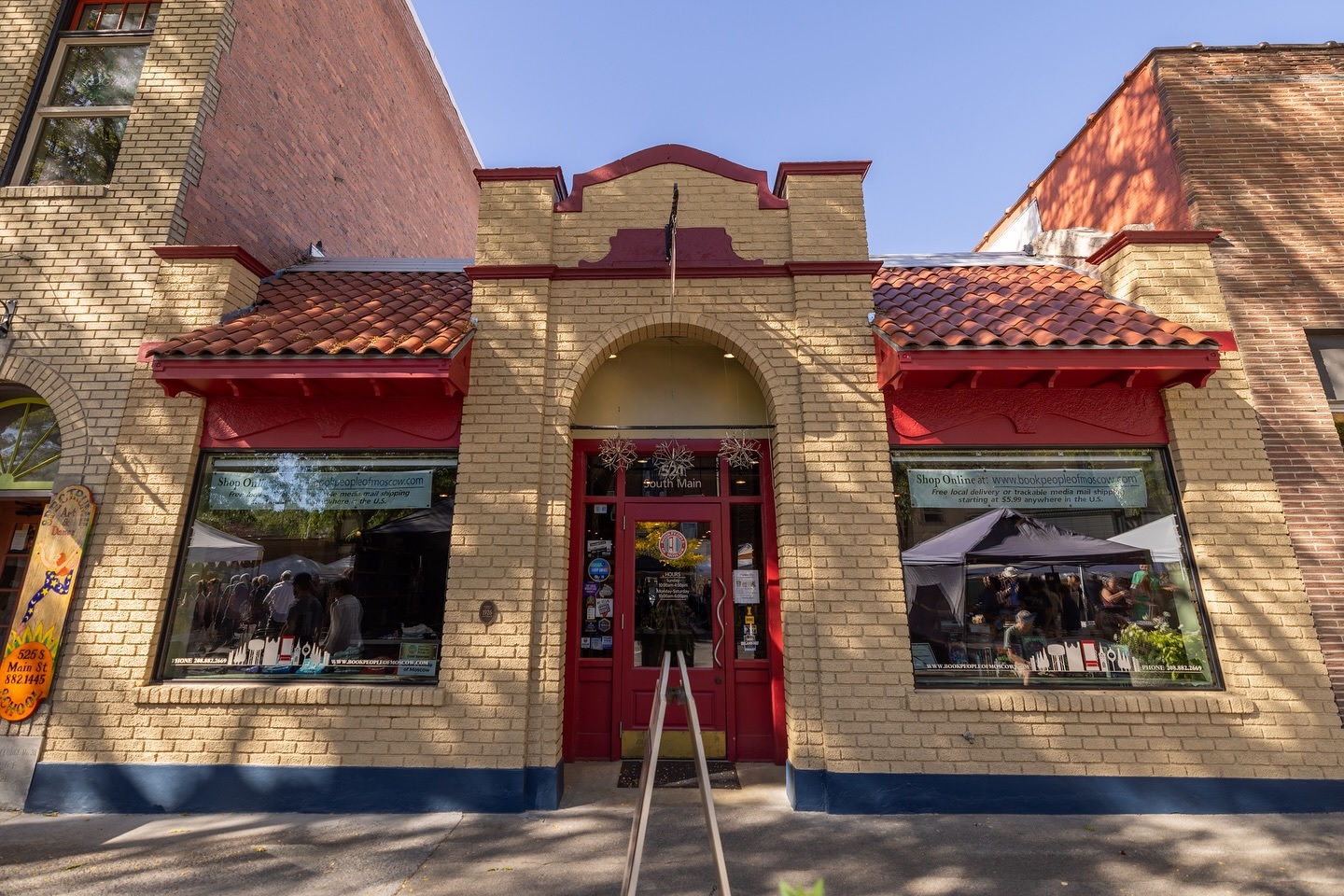 Carol Price, co-owner of BookPeople of Moscow in Moscow, Idaho, is selling her share of the bookstore to Katelyn and Bryan Foutch.
Carol Price, co-owner of BookPeople of Moscow in Moscow, Idaho, is selling her share of the bookstore to Katelyn and Bryan Foutch. 









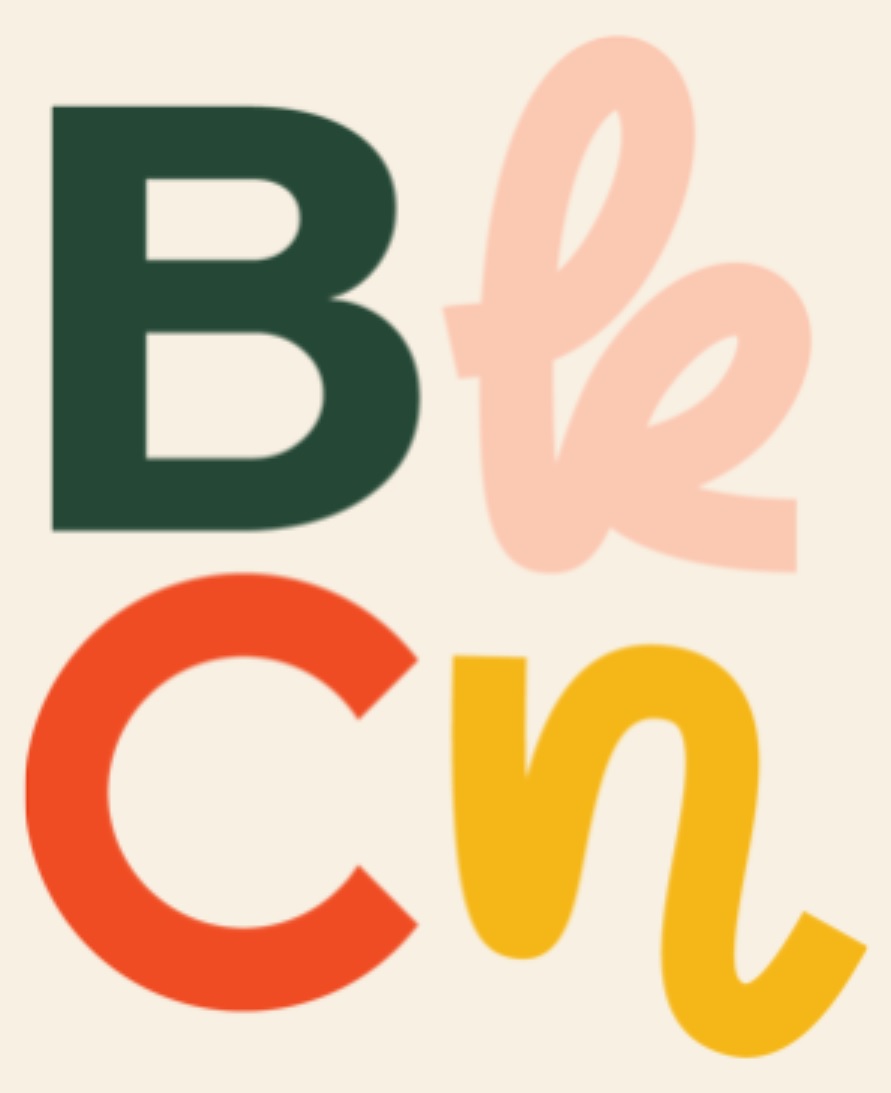 As ReedPop noted, "the rumors are true."
As ReedPop noted, "the rumors are true." 
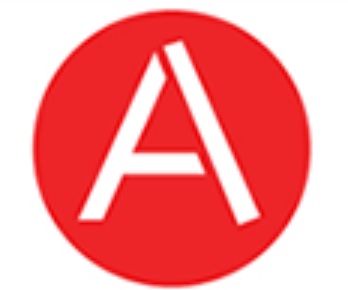 Abrams has restructured its marketing department leadership in a way "designed to strengthen how the company identifies, reaches, and serves its readers." Under the direction of Melanie Chang, senior v-p of marketing, publicity, and corporate communications, the reorganization establishes adult and children's marketing teams while creating focused resources for direct-to-consumer engagement through e-mail and newsletter marketing.
Abrams has restructured its marketing department leadership in a way "designed to strengthen how the company identifies, reaches, and serves its readers." Under the direction of Melanie Chang, senior v-p of marketing, publicity, and corporate communications, the reorganization establishes adult and children's marketing teams while creating focused resources for direct-to-consumer engagement through e-mail and newsletter marketing.
 At two Educating Publishers panels at the 2025 Children's Institute, booksellers focused on "Sustainable In-School Events Programs" and "Beyond BIPOC Characters: Equitable Practices for Marketing, Touring, and Promoting Diverse Authors."
At two Educating Publishers panels at the 2025 Children's Institute, booksellers focused on "Sustainable In-School Events Programs" and "Beyond BIPOC Characters: Equitable Practices for Marketing, Touring, and Promoting Diverse Authors."

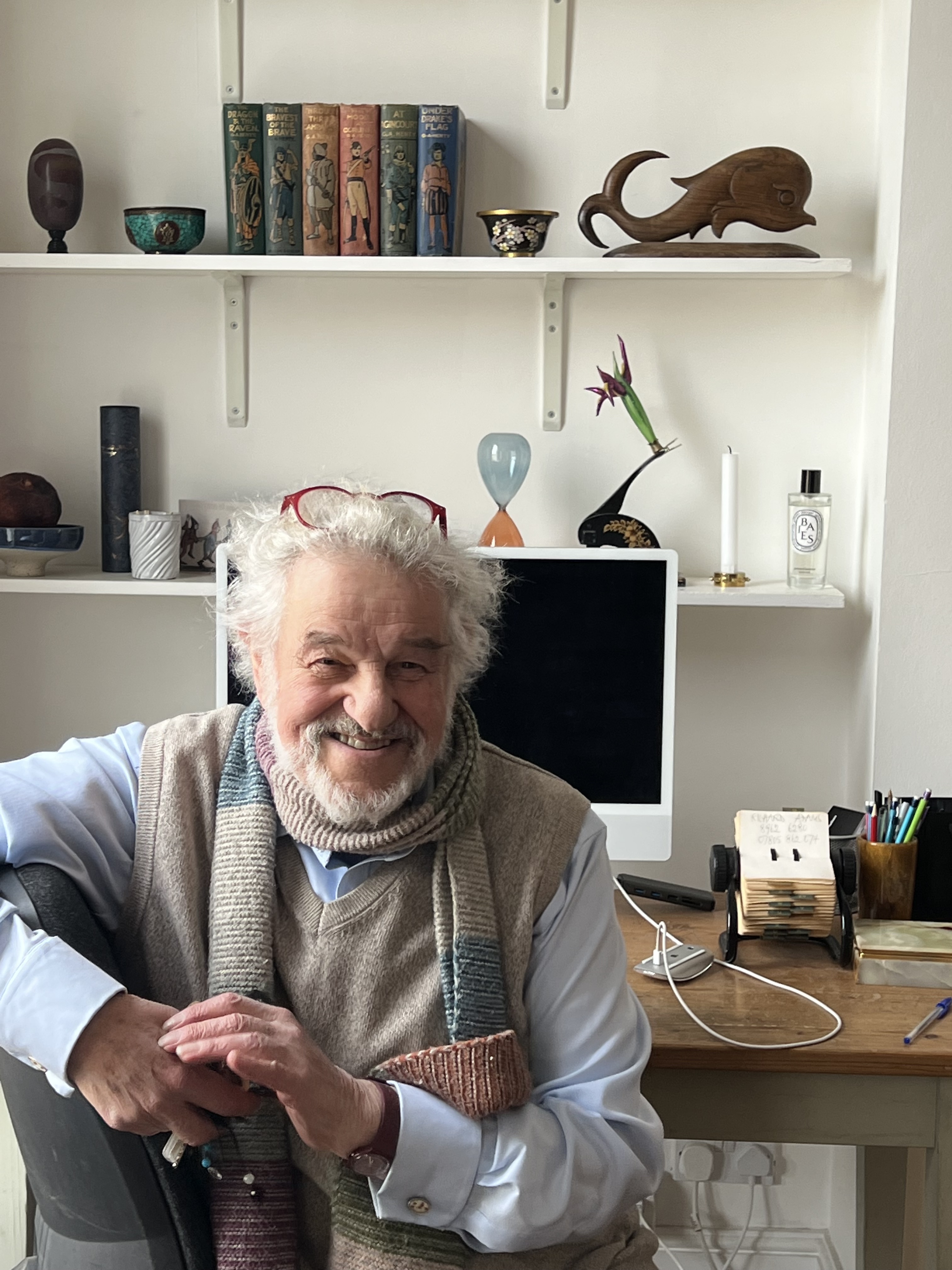
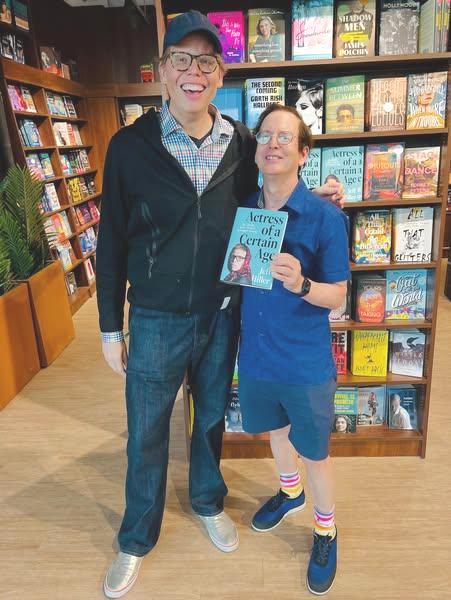
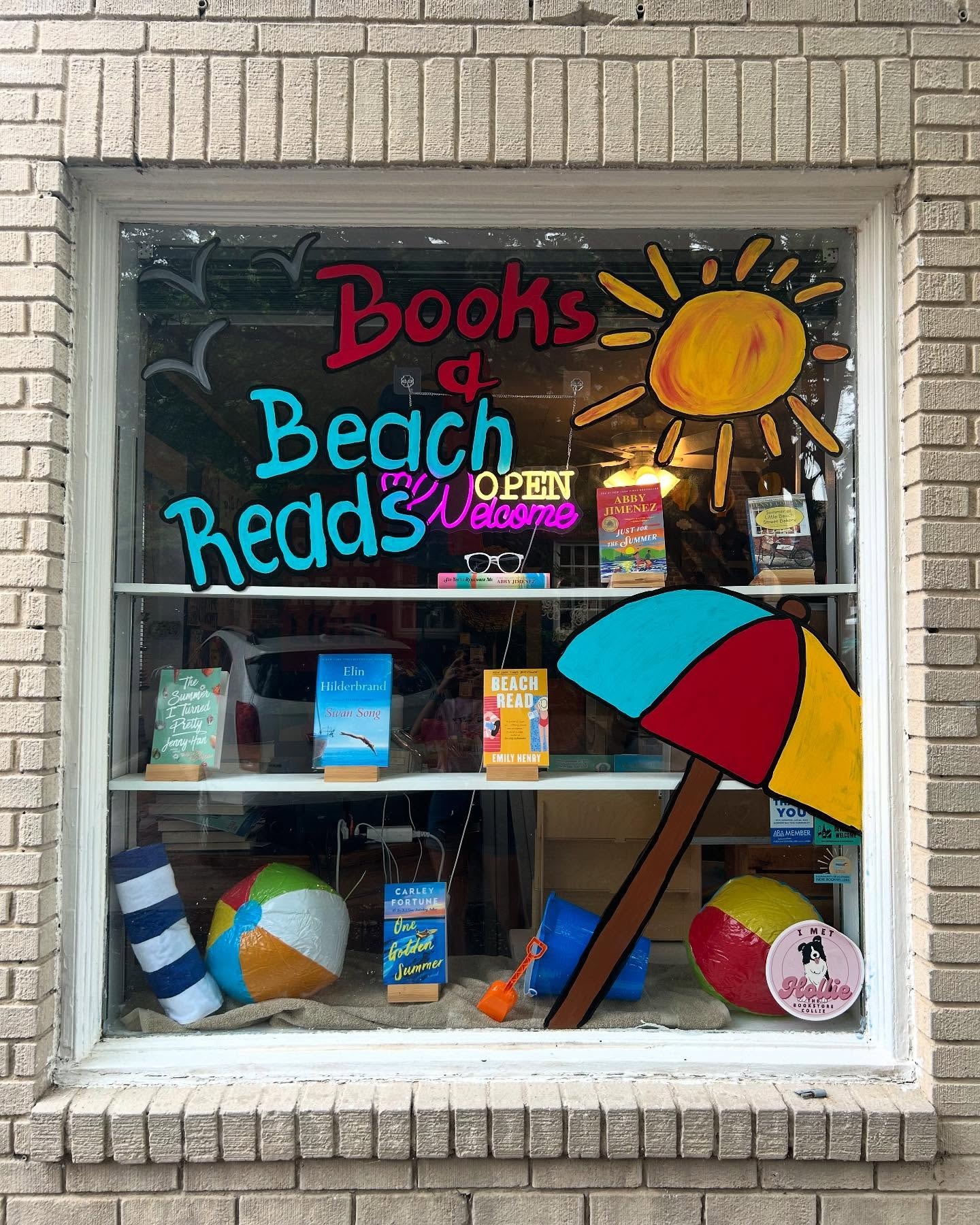 "
"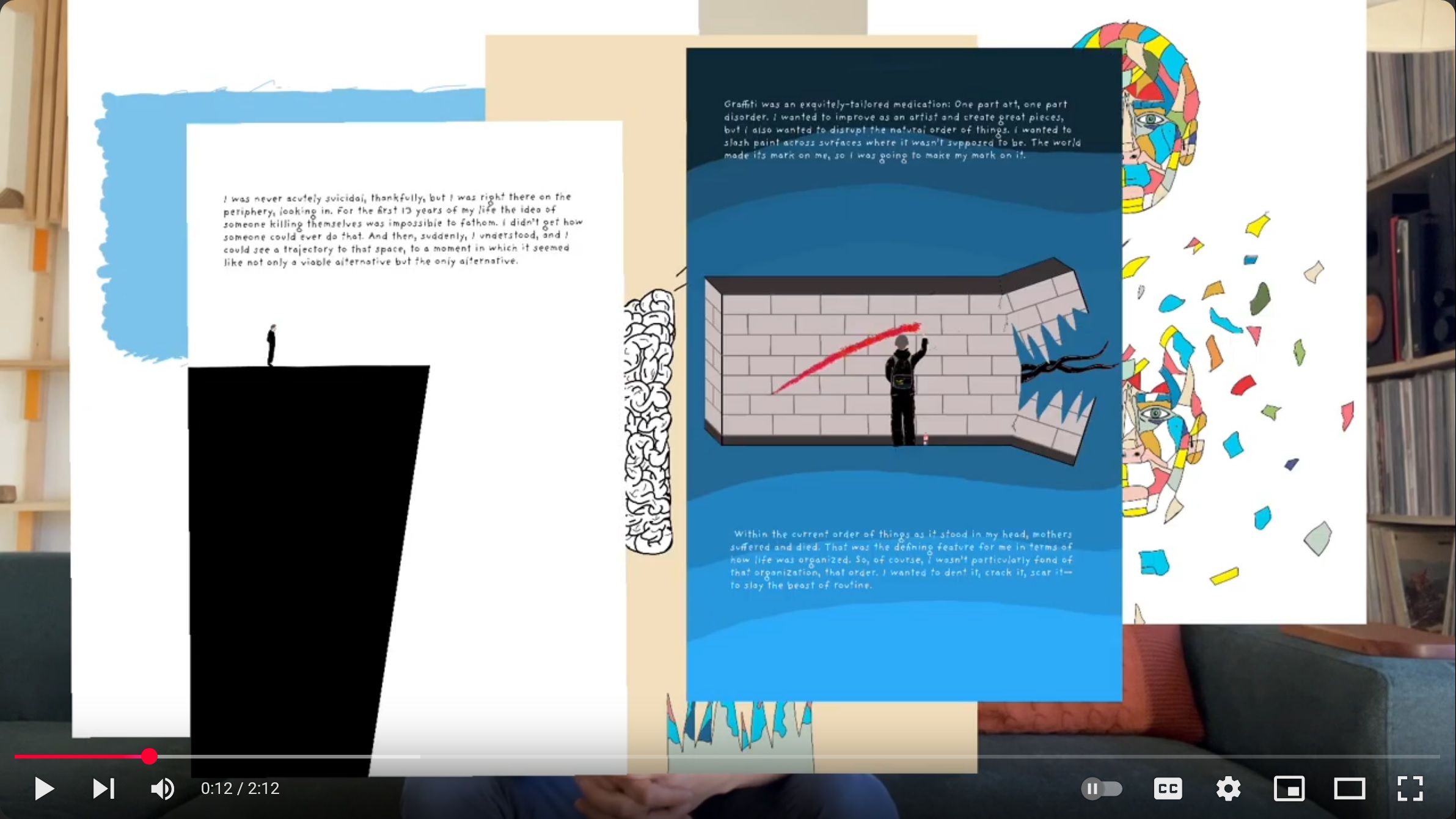 The Last Time We Spoke
The Last Time We Spoke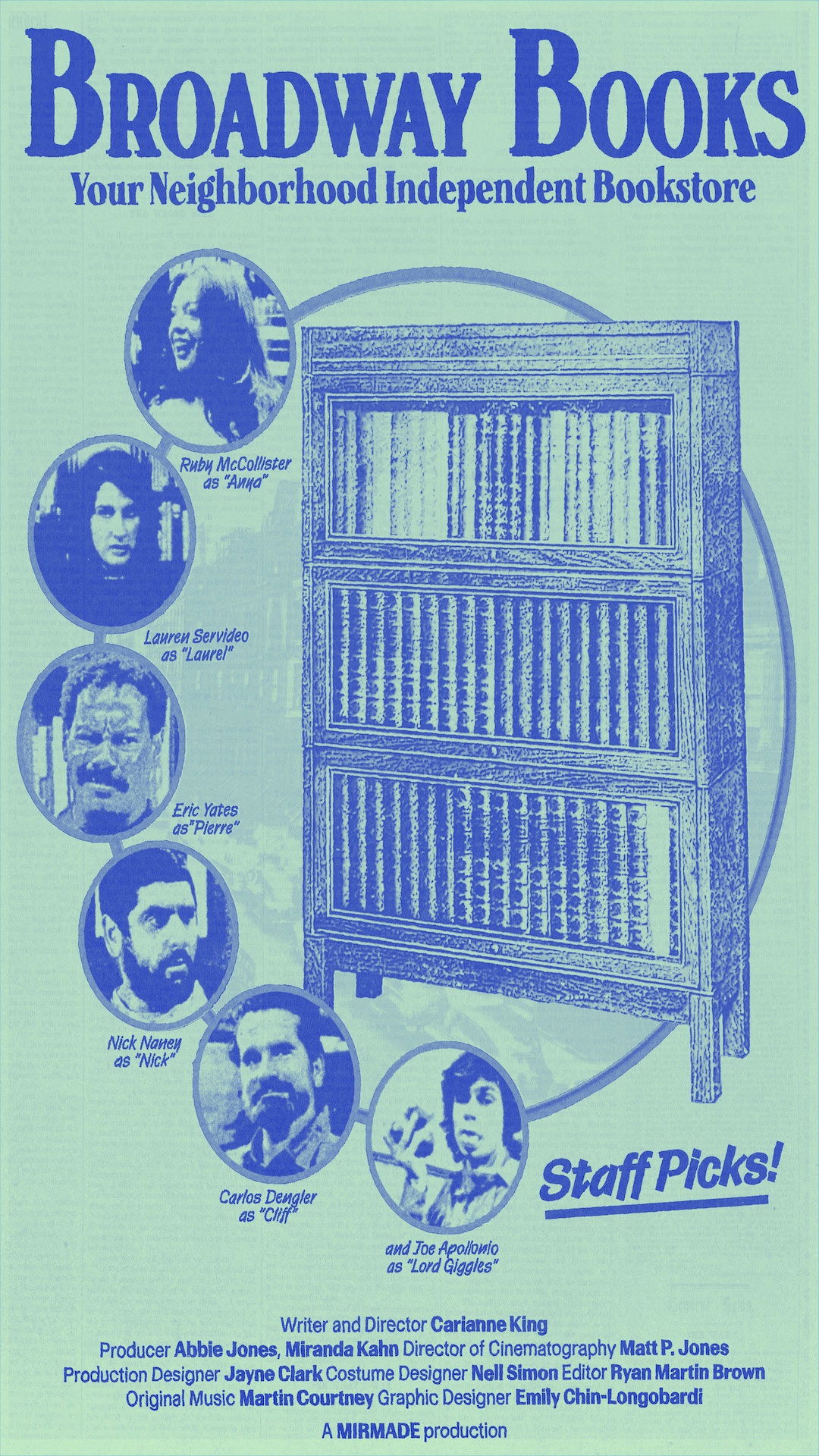 The TV comedy pilot for
The TV comedy pilot for 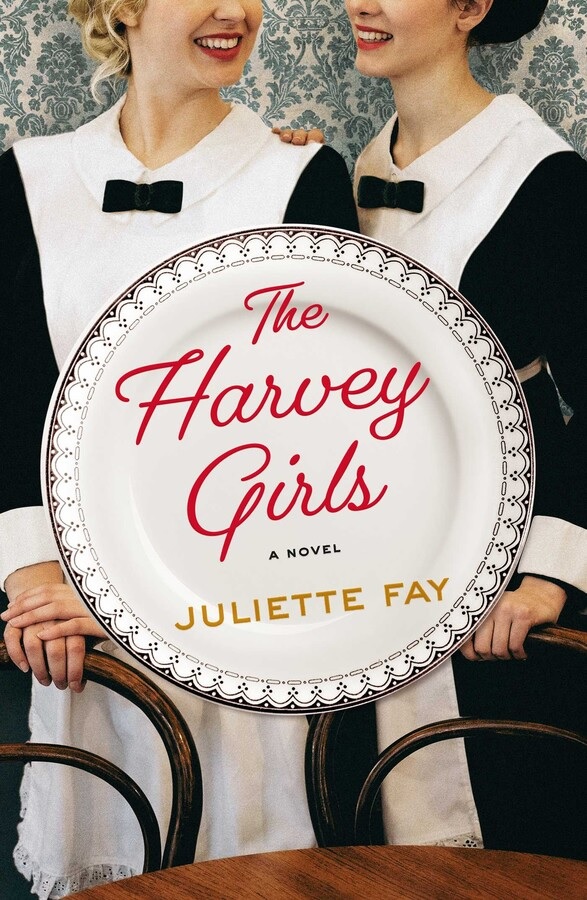
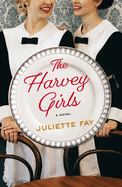
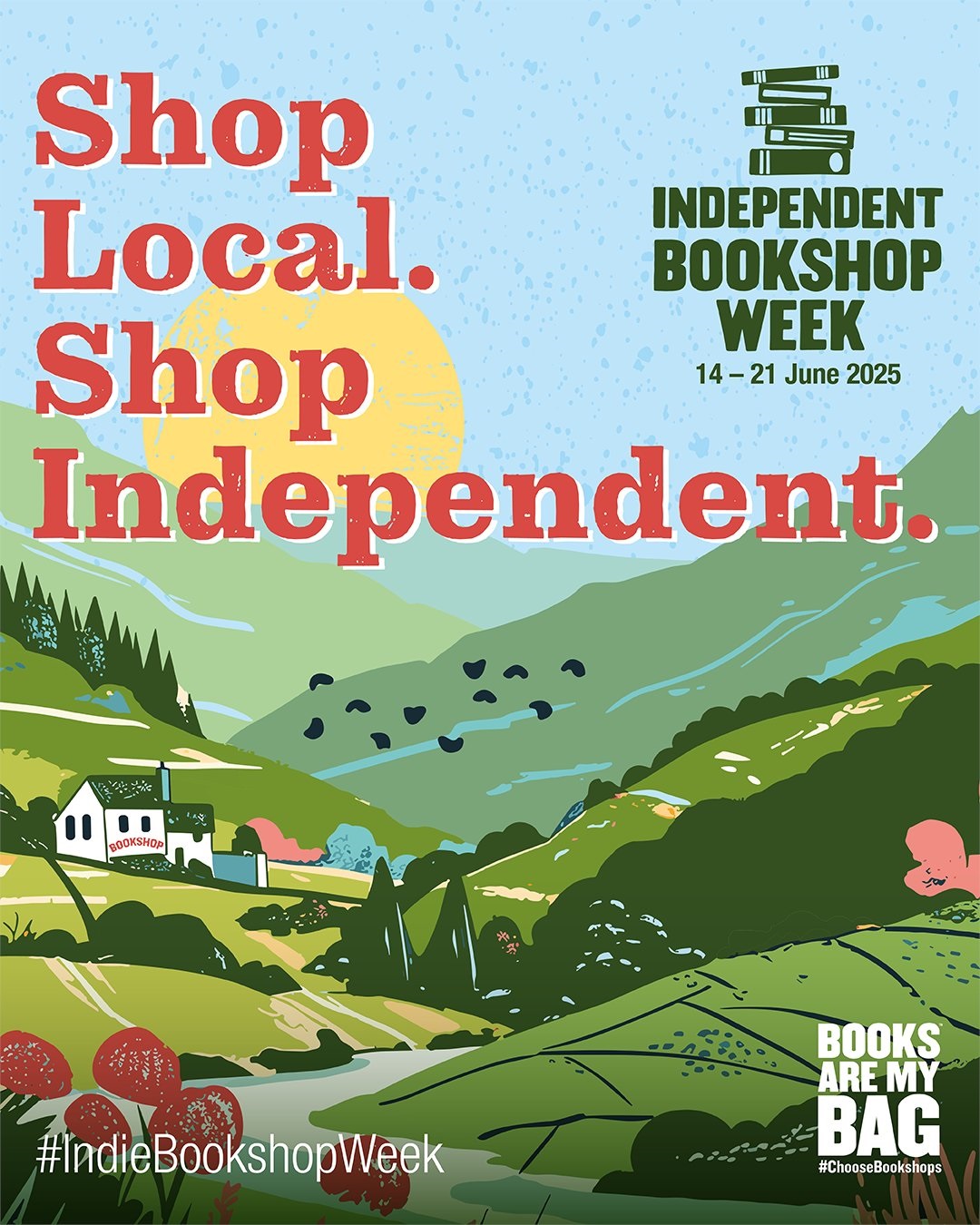 Presented annually by the Booksellers Association of the U.K. & Ireland through its Books Are My Bag campaign,
Presented annually by the Booksellers Association of the U.K. & Ireland through its Books Are My Bag campaign, 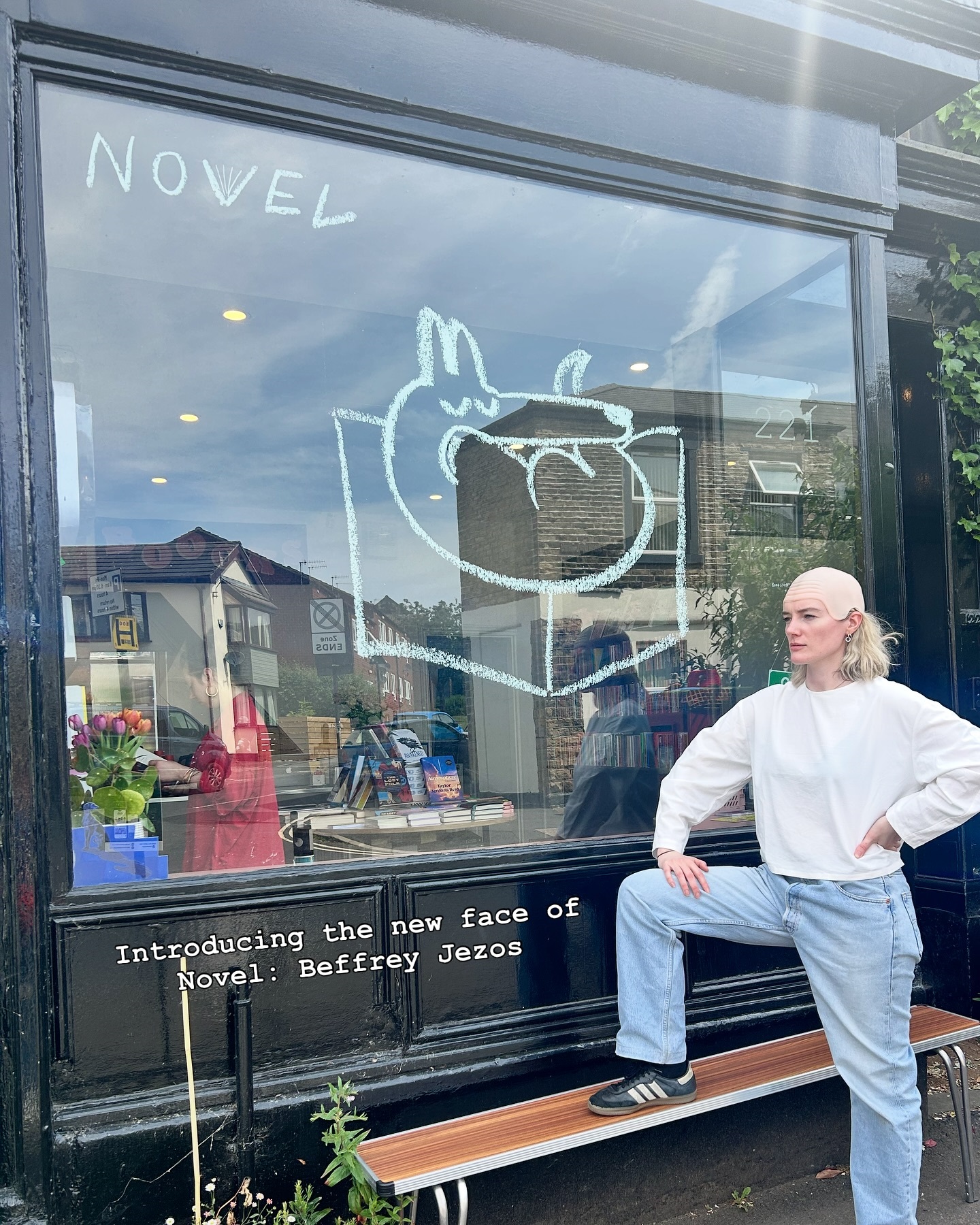 "Big News: Novel is under new management,"
"Big News: Novel is under new management," 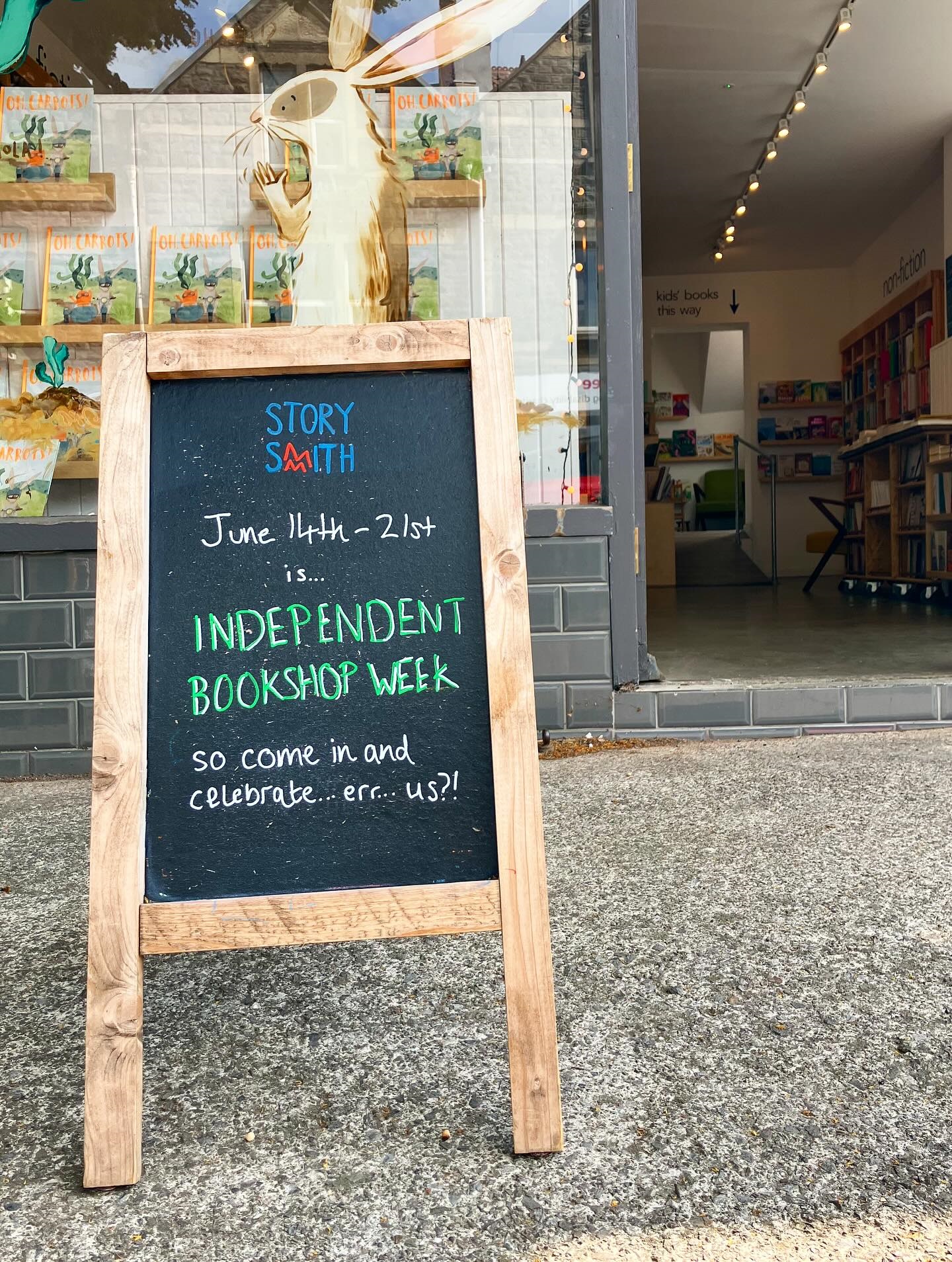
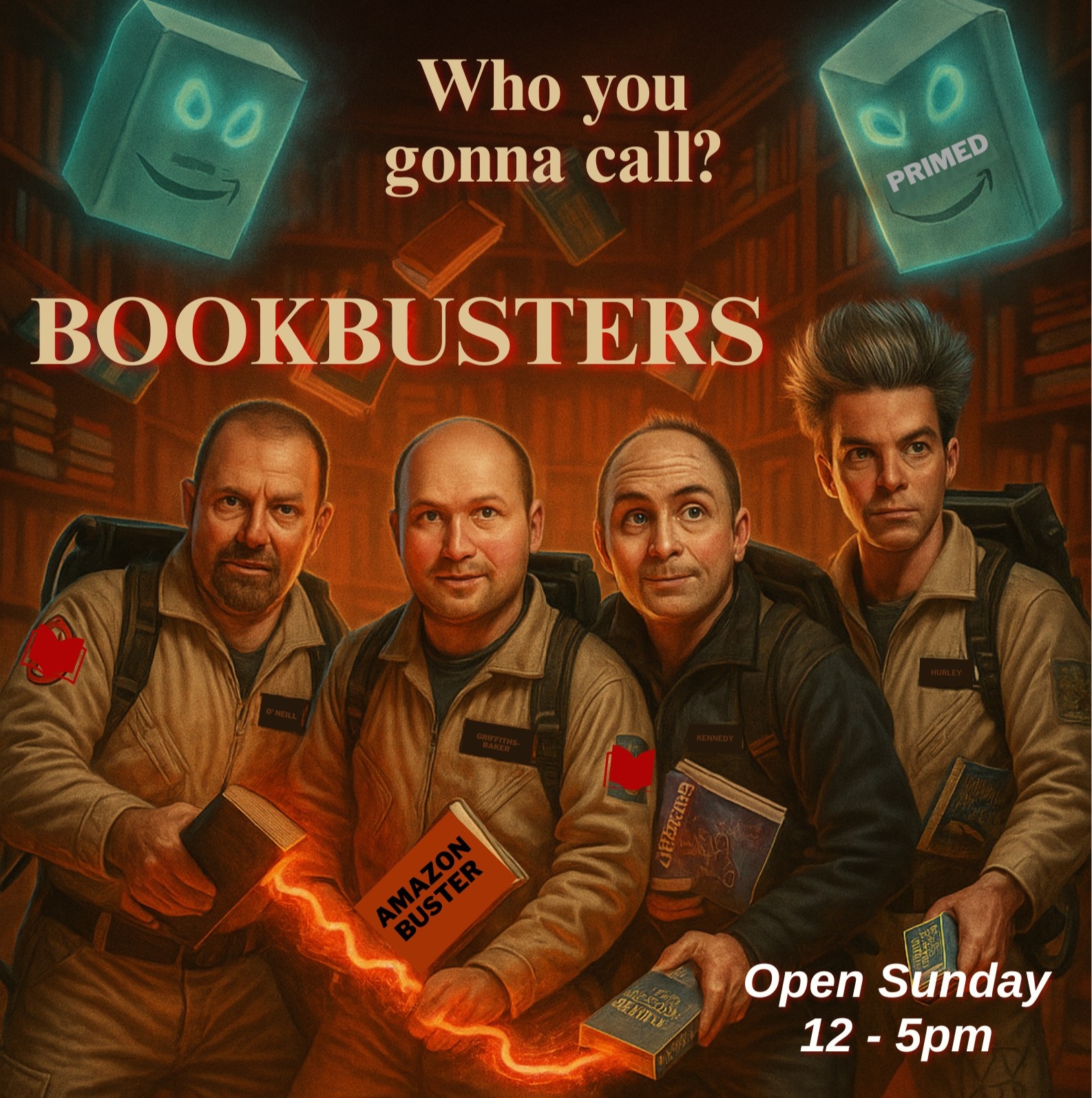 When it comes to having fun in a bookshop, though, the folks at Irish bookseller
When it comes to having fun in a bookshop, though, the folks at Irish bookseller